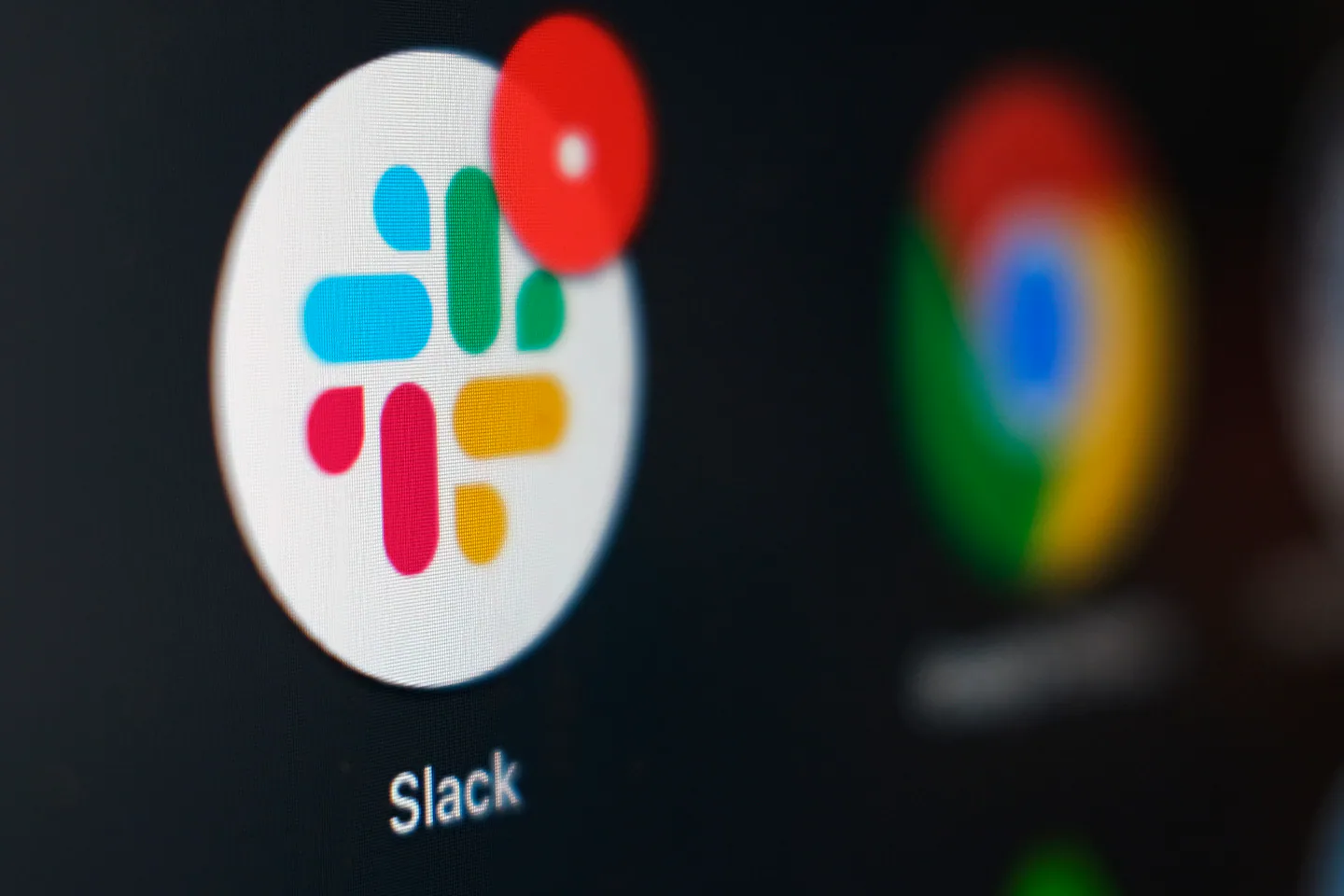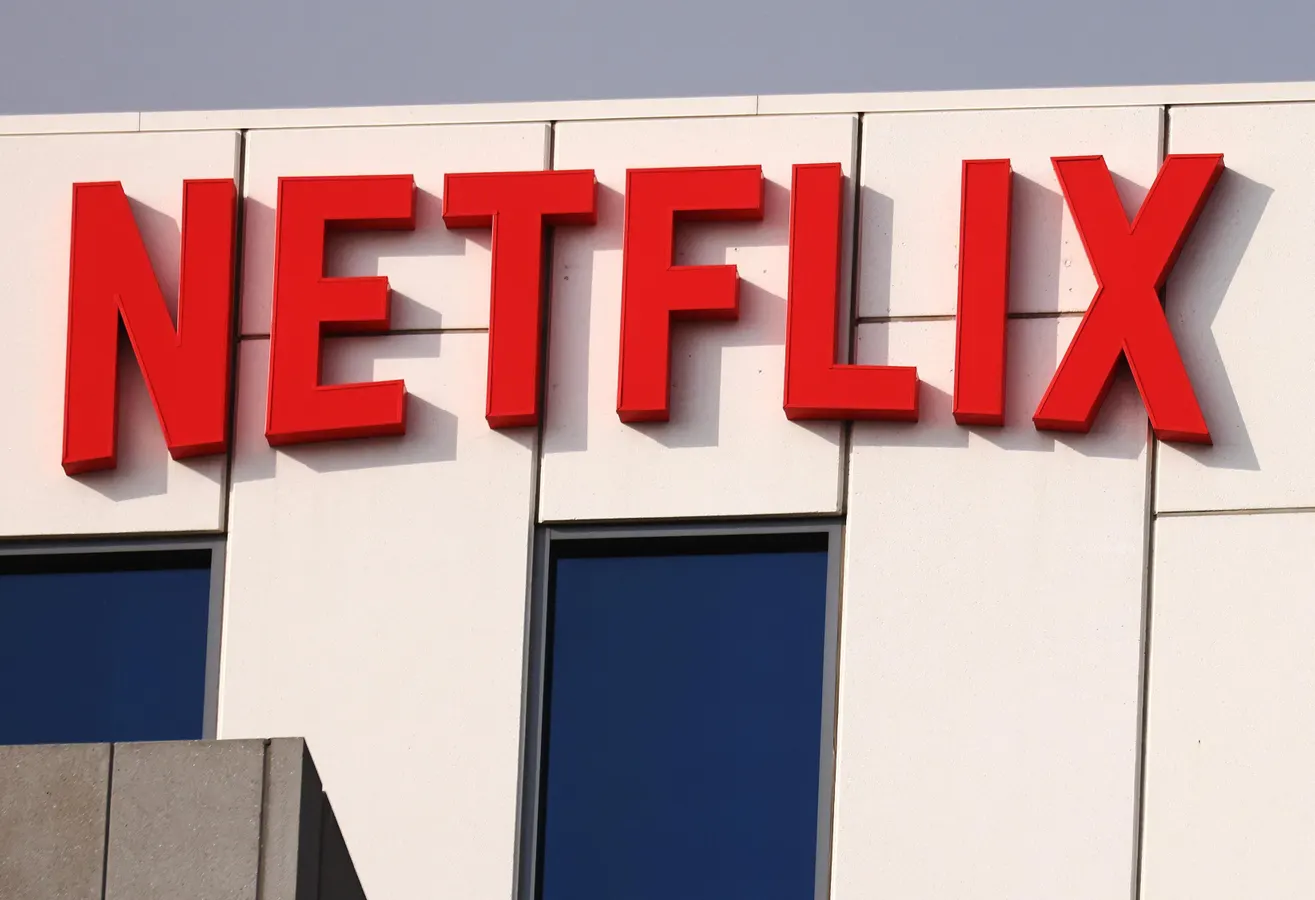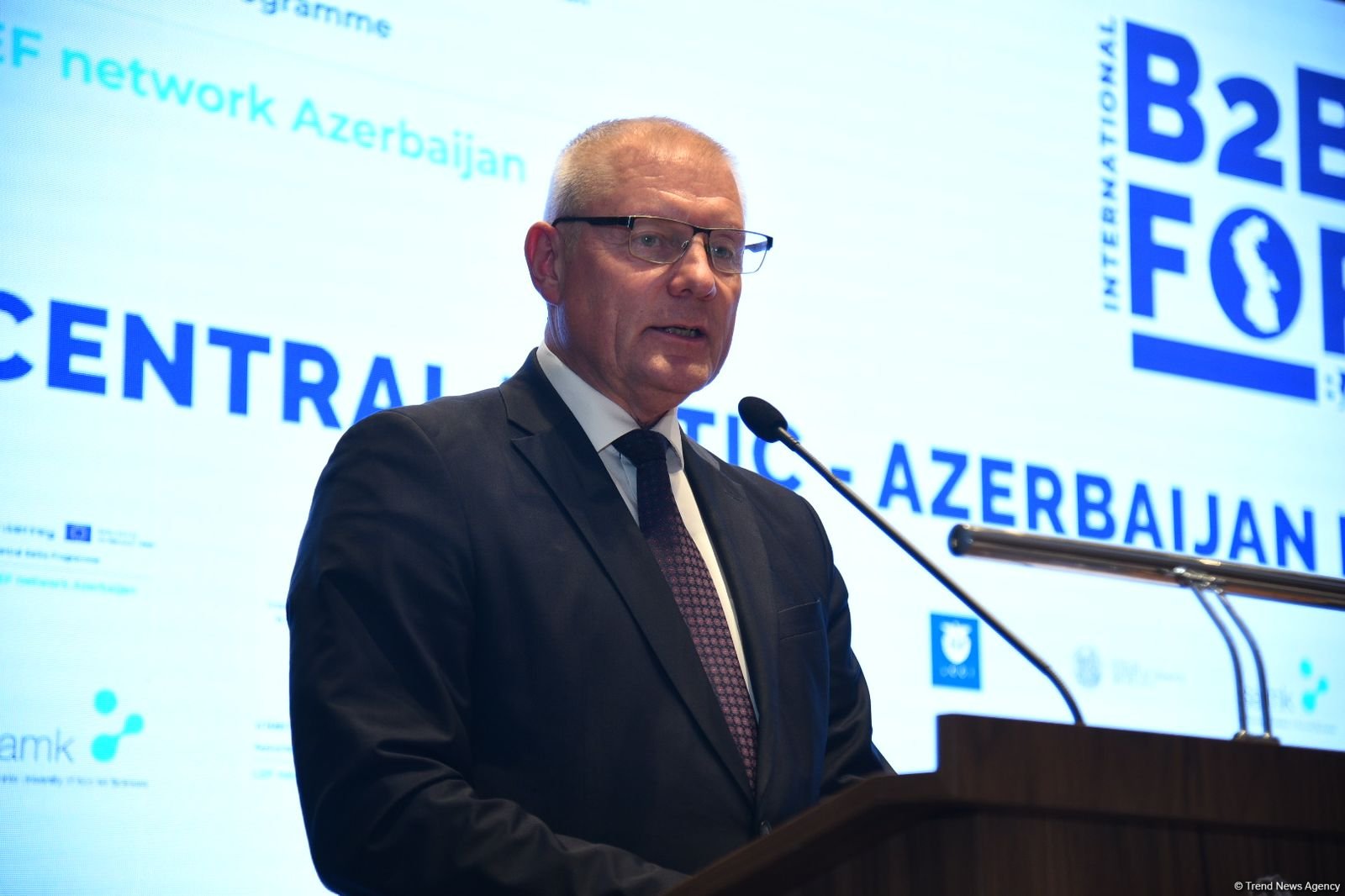Copyright The Boston Globe

So, many members of Gen Z have experienced their share of workplace emergencies causing stress and burnout. And now, some young workers are deciding that the last-minute project they’re supposed to panic over simply isn’t one. Phoebe Gavin, a career and leadership coach, thinks it’s a characteristic of generations under 40 to want to change a sense of unfairness in the world. “The way that it’s showing up at work is pushing back on a lot of the expectations that are not mutually beneficial,” she explains. There was a time, perhaps for their parents’ generation or generations prior, where hard work and loyalty were rewarded, she said. Now, there’s no guarantee of employers ensuring you’re rewarded for going above and beyond. Whether it’s a last-minute task requiring work outside business hours or do-or-die stress over a slide deck, some Gen Z workers are questioning the false sense of urgency ingrained in many workplaces. It might pop up as quips like “there’s no such thing as a marketing emergency” or “we’re saving PDFs, not lives.” While every workplace has situations that are considered urgent, with anxiety over job loss upping the stakes, pushing back on the everything-is-an-emergency approach ties into larger conversations about the role work plays in our lives. Katrina A. Burch, associate professor of psychological sciences at Western Kentucky University, attributes some changes to the start of the pandemic. “It’s been very much emphasized in the U.S. that in order to be successful, you should be both willing and able to flex the boundary to allow work to interfere into other spheres of your life,” she explains. Early 2020 marked a cultural shift: “I don’t need to wear busyness as a badge of honor.” Erica Marrison, a 29-year-old in New York, cited the start of the pandemic as a wake-up call. Shortly before, Marrison lost someone in her personal life, and that, coupled with the sweeping, ongoing grief from the pandemic, made her feel that when it comes to work “nothing is quite as urgent as it once felt.” It’s not that she doesn’t invest in her career. Marrison, who works in lifestyle and fashion journalism, enjoys her job, and works a lot. But she soon reevaluated some existential questions: “What are the things in my life that I would consider an emergency? What are the things in my life that are most important?” Marrison recalls seeing a meme floating around: “It’s PR, not the ER” or “It’s HR, not the ER.” “The energy around day-to-day work can be so overwhelming, when you could get the same amount of things done in a calm fashion,” she said. It’s not just about personal boundaries, either. Some workers emphasized the importance of communicating with colleagues to prioritize tasks. When Chanyce LeDay, a 26-year-old in Chicago, began her first job in marketing and advertising, she was trying to please everyone, and dropping everything to make it happen. LeDay wanted to do her best, but realized the urgency didn’t have a payoff: “It’s not like I’m going to get promoted overnight for basically dropping everything in my life.” She started advocating for herself, including figuring out a dynamic with her manager that’s grounded in clear communication. When her manager comes to her with an emergency task, they go through what else LeDay is juggling, and her manager will back her up if she needs to adjust other deadlines. Of course, “emergencies” for workers in office jobs, including fields like tech or marketing, are materially different from emergencies in fields where lives and well-being are on the line. Structural inequities embedded in work are also a factor in who gets to push back. For example, young workers of color who face disproportionate performance expectations, or young workers in lower-wage jobs without access to flexibility or benefits, could face challenges when pushing back on their workload. Nia West-Bey, executive director of the National Collaborative for Transformative Youth Policy, says she hears from young people in the organization’s network who bring a strong disability-justice lens to their work that “there is a larger problem in our culture of equating work with worth, and conflating performative productivity with actual performance.” For those looking to disengage from a false sense of urgency, clarifying priorities is key. Gavin says being proactive about understanding how urgency is defined, and expectations, is important: If you step in on Sunday to handle a crisis, will you be off on Monday? Similar questions work if you do end up in the whirlwind of a false emergency: “Is there something that we can do differently to not end up in this emergency, or to handle these sorts of emergencies better?” In addition to finding a trusted co-worker to talk to about how to triage priorities, Burch suggests falling back on your job description: “Are you getting good performance reviews? Are you meeting your targets? Are you doing all the things that are developmentally appropriate for your role?” If you’re being pressured to engage in work outside your allotted work time or job description, yet are getting good feedback, Burch suggests meeting with a supervisor to discuss your workload. Gavin also encourages young workers to share what they’re experiencing in a way that strengthens working relationships: “I noticed that we had an emergency. I’d love to talk to you about this,” or “This is my understanding of what you’re asking for. This is what it will cost me. Do you still want me to do it just like this?” If you say, “that’s not really my job,” you might be telling the truth, Gavin explains, but it could also harm working relationships in the long run. Communicating proactively is “going to help advance your goal of not dealing with all of these unnecessary emergencies without damaging your working relationships.” As the workforce continues to be in flux, many Gen Z workers are fighting for balance between doing their best at work and not buying into the everything-is-an-emergency hype. It’s a little morbid, Jiles said, but she thinks of something her mother told her: “At the end of the day, if you pass away, they’re just going to post your position and talk about how nice you were,” Jiles said. “Do what you can. Do it well, but that’s it.”



